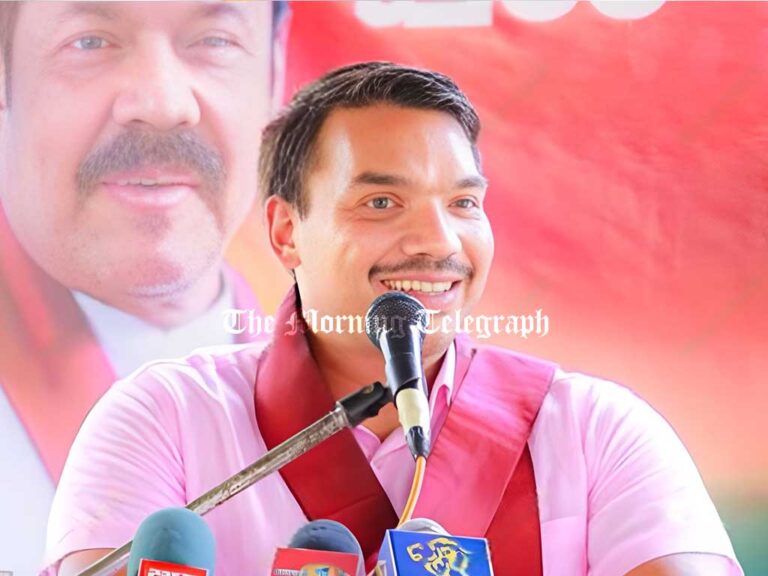
Colombo, Sri Lanka – Deputy Minister of Economic Development, Anil Jayantha, has stated that while the government supports removing taxes on essential sectors like food, healthcare, and education, current economic restrictions under the International Monetary Fund (IMF) program prevent such relief from being implemented in the 2025 budget.
Speaking on Derana Channel, Jayantha acknowledged that while tax concessions on essential goods are a policy priority, the government faces constraints in implementing them immediately. He explained that the budget is only one step in a long-term process, and not all policy changes can be executed in a single financial year.
“We fully accept that not everything can be done in one budget. The budget outlines a specific role in economic planning, but policy is a broader concept. Actions must follow a timeline, whereas vision itself does not have one,” he said.
Addressing the Value-Added Tax (VAT), which currently stands at 18%, Jayantha acknowledged that it is too high and needs to be reduced. However, he pointed out that immediate reductions are not possible due to the IMF’s economic stabilization framework.
“We have always said that 18% VAT is excessive, and we maintain that stance today. It must be lowered. However, there are inherent economic limitations, and Sri Lanka is currently bound by IMF agreements, which impose conditions on tax policy,” he explained.
Jayantha emphasized that while the government intends to remove VAT on essential goods in the future, it cannot make drastic changes in the first budget alone.
“If we were not following the IMF program, we could have removed VAT on essential items immediately in this first budget. However, under the current economic conditions, we must implement gradual reforms rather than overturn everything at once,” he said.
His remarks highlight the government’s long-term economic strategy, where fiscal adjustments must align with international financial obligations, even if they temporarily limit tax relief for essential goods. The government is expected to revisit tax reductions in future budgets, depending on economic recovery and policy flexibility.




